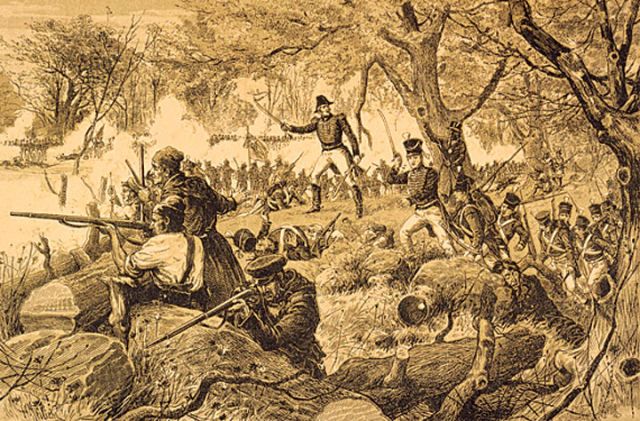The sisters have joined with author Jamie Swift to create Peace- Quest, a citizen-based movement that will commemorate First World War anniversaries from 2014 to 2018 with pilgrimages, vigils and new peace initiatives.
Swift, along with Queen’s University history professor Ian McKay, is the author of Warrior Nation: Rebranding Canada in the Age of Anxiety.
“Grieving the tragedy of war. Committed to the hope of peace,” is the tagline PeaceQuest hopes to attach to its commemorations over the next four years.
PeaceQuest currently has chapters in Kingston and Ottawa and will hold a Toronto meeting Feb. 27 at the Mary Ward Centre.
PeaceQuest wants to see itself as a movement rather than an organization — something that could appeal to all kinds of people who would rather grieve war as a tragedy than celebrate it.
“One of the big things we can do for our veterans is to make sure their children and grandchildren and great-grandchildren never have to go through what they went through,” said Alice Gazely, a retired teacher who is co-chair of the PeaceQuest steering committee.
“We’re delighted if we join up with others. This is not a competition.” The movement is organized into four streams — faith, education, culture and policy. Given its origins with the Sisters of Providence, the faith stream is already the strongest. The Canadian Religious Conference, representing about 18,000 religious-order women, priests and brothers, has thrown its weight behind the campaign.
Gazeley found the government’s promotion of the War of 1812 offensive.
“We want them to think again about promoting Canada as a warrior nation. Canada has always had a core value as a peacemaker, a peace builder,” Gazeley said.
Boyd Cothran, an historian and expert on historical memory, finds the notion that Canada made itself into a nation by going to war bizarre.
“The idea of a nation forged in war is sort of a weird position I think for Canada to take. And yet it seems that Canada is determined to find a war to peg its nationalism to,” the York University professor told The Catholic Register. “We’re going to be dodging books over the next couple of years talking about how Canada was born in World War I. I’m not sure why that is the case. I suspect it’s because they’re drawing on the American model, frankly.”
PeaceQuest has adopted a white felt patch as its symbol, and urges people who support peace to pin the simple white square to their coats or shirts. Gazeley’s hope is that people on the street will stop her and ask about the “silly little logo.”
For Catholics, rejecting any glorification of war should be a no-brainer as far as Gazely is concerned.
“When we go to Mass, how many times do we have the word peace as part of our eucharistic celebration, eh?” she asks.
If Catholics are willing to pray for peace they should be brave enough to speak up for it, said Gazeley.
“Somehow or other as Catholics we seem to shy away from the political,” she said. “This is part of what we’re hoping to achieve — if we have people become comfortable with speaking out.”
With all of the immigrants who have come to Canada over the generations fleeing war and violence, it’s time Canadians started putting peace at the centre of the discussion about Canadian identity, she said.
“Should we be celebrating war or should we be lamenting it?” Gazeley asks. “We need that critical mass, we need numbers of people who say this is how we should celebrate and remember our past.”

